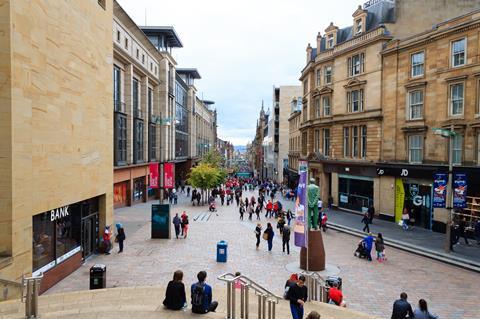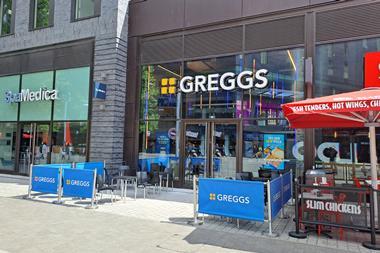
Chancellor Jeremy Hunt responded to retail concerns over business rates in his autumn statement by scrapping so-called downwards phasing.
On Thursday, Hunt revealed businesses whose rates fall will immediately pay the lower amount instead of waiting for the bill to reduce gradually.
The government-funded transitional relief scheme will kick in from April next year, when the next revaluation of the tax is due.
Hunt also committed to £14bn in business rates tax cuts over the next five years. Nearly two-thirds of businesses would not pay any more in business rates next year, he confirmed, and thousands of pubs, restaurants and small high street shops stand to benefit.
“The government has taken an essential step towards longer-term reform of the broken business rates system by announcing the scrapping of downwards phasing of transitional relief,” said BRC CEO Helen Dickinson.
“This decision means that April’s bills reflect market conditions and retailers will pay only what they owe.”
On other business taxes, Hunt said that while employers’ national insurance contribution threshold would be frozen until April 2028, the employment allowance would be retained at its new higher level of £5,000.
The VAT threshold is to be retained at its current level until March 2026.
Hunt also set out plans to reduce the UK’s energy dependency and boost efficiency, including proceeding with a new nuclear power plant at Sizewell C in a £700m investment.
He set a UK target to reduce energy consumption by buildings and industry by 15% by 2030, and committed £6bn in new funding for energy efficiency from 2025.
Hunt also announced the biggest-ever increase in the national living wage from next year – of 9.7% to £10.42 an hour, as recommended by the Low Pay Commission. It is expected to benefit over two million of the lowest-paid workers.
The measures were part of a plan to save £55bn through tax hikes and public spending cuts.
The Office for Budget Responsibility forecasts a 7.1% drop in real disposable income over two years.



















No comments yet